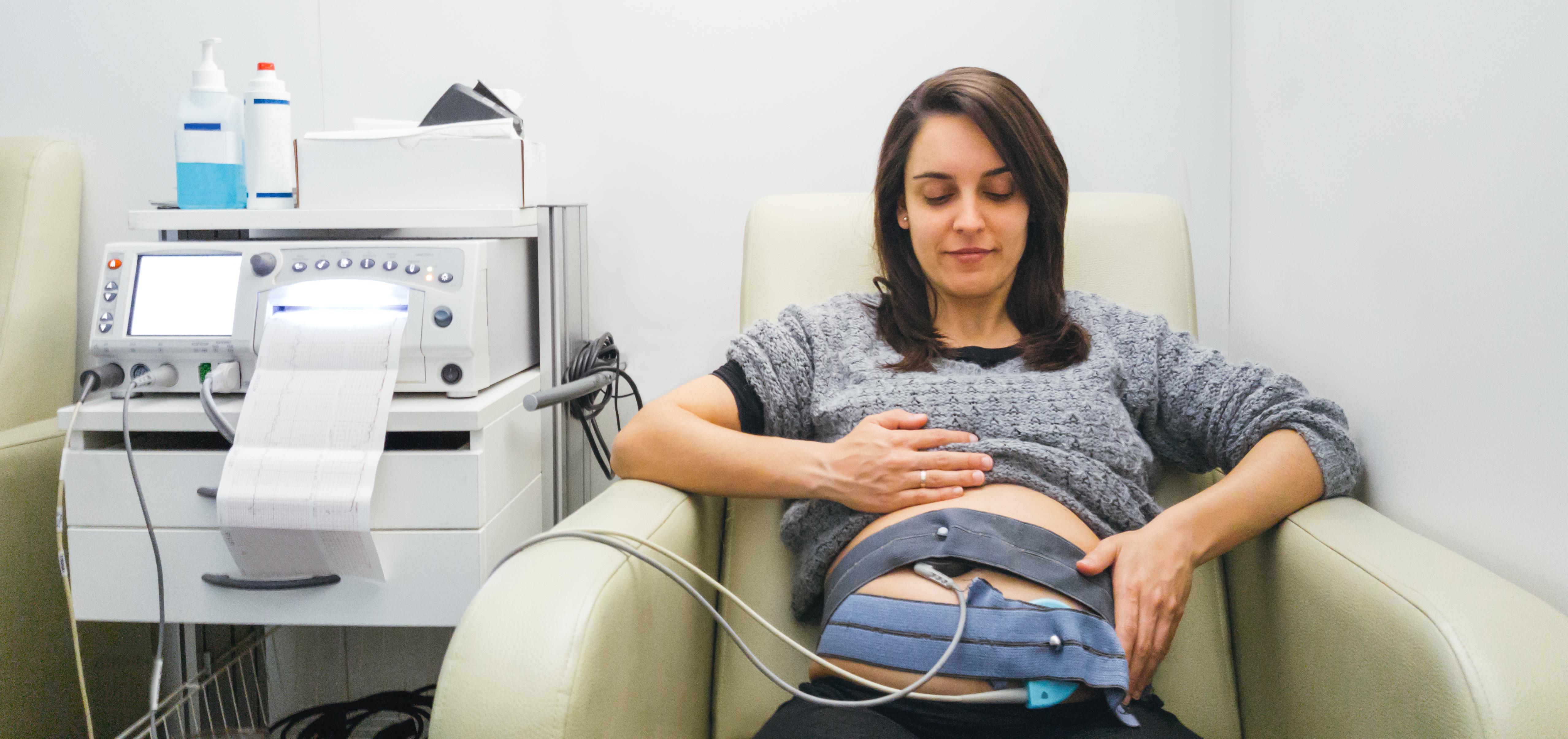What Happens in a High-Risk Pregnancy
Some pregnancies are called high risk. This means that the pregnant person or the baby has a greater chance for health problems. “High-risk” may also mean there is a greater chance of having your baby early (preterm).
Here’s what you should know about being at high risk.
What Makes a Pregnancy High Risk?
“A high-risk pregnancy is anything that is not routine,” says Jeanne Sheffield, M.D. Sheffield is an ob-gyn at Johns Hopkins Medicine in Baltimore. It’s a case that a doctor would want to watch closely.
There are many things that may lead to being high risk, says Ellie Ragsdale, M.D. Ragsdale is an ob-gyn at University Hospitals in Cleveland. You may have a high-risk pregnancy if you are:
- Under age 17
- Over age 35
- Overweight
- Underweight
- Smoking cigarettes
- Drinking alcohol
- Using drugs
- Pregnant with more than one baby (twins, triplets)
- A person who had a high-risk pregnancy in the past
Some health problems can also lead to a high-risk pregnancy, such as:
- Diabetes
- High blood pressure
- Being obese
- Being depressed
- Seizures
- HIV
- Thyroid problems
- Blood issues
Some issues can occur during pregnancy that would make it high risk. Some are:
- Placenta issues
- Worry about the baby’s growth
- Worry about the baby’s health
- Worry about how the baby is developing
- If your water breaks before labor starts (This is called premature rupture of membranes, or PROM.)
What Happens If I Am High Risk?
If you are at high risk, you will be seen by a special doctor. This doctor may be a maternal-fetal medicine (MFM) specialist, or a perinatologist. This type of doctor has gone through special training.
A pregnancy may be high risk from the start. Or something might happen during pregnancy that makes it become high risk.
What Will My Doctor Visits Be Like?
Ragsdale says high-risk care can vary depending on:
- The issue that makes your pregnancy high risk
- The state you live in
- The healthcare practice you go to
If you are high risk, you may have:
- More doctor visits
- More ultrasounds
- More checks on baby’s heartbeat (also called fetal monitoring)
- Your labor induced before your due date
You may also need to have your baby at a different hospital than planned, Sheffield says. It may have special care for mothers who have certain health problems. It may also have a special wing for baby care, called a NICU.
How to Care for Your Health When You Are High Risk
It is important to take extra care with a high-risk pregnancy. Here are ways to focus on your health and your baby’s health:
- See your doctor for a checkup before you get pregnant.
- Address any health conditions you have.
- Take all prescribed medications.
- Take a prenatal vitamin.
- Attend all doctor visits while you are pregnant.
- Eat a healthy diet.
- Drink lots of water.
- Exercise when you can.
- Aim for healthy weight gain.
- Take steps to manage stress.
- Stay up to date with vaccines.
- Quit smoking.
- Don’t drink alcohol.
- Don’t use drugs.
“If you have any questions, concerns, or issues, talk to your doctor,” Ragsdale says.
And know that you are not alone. “A large number of pregnant women are high risk,” Sheffield says. Seeing an MFM doctor means you are doing everything you can to keep both you and baby safe, she adds. “This is what MFM doctors are trained for.”
You May Also Like:
Want to Read More?
Access all of Twill Care’s content, community, and experts for free!
Already a member? Login
Want to Read More?
Access all of Twill Care’s content, community, and experts for free!
sign UP For FreeAlready a member? Login


